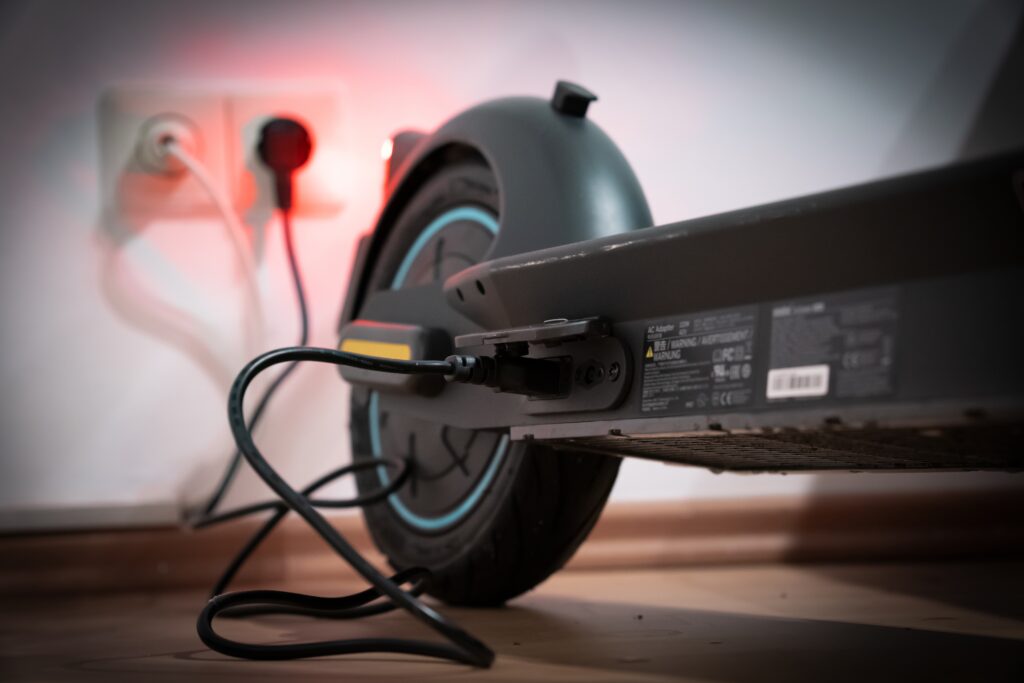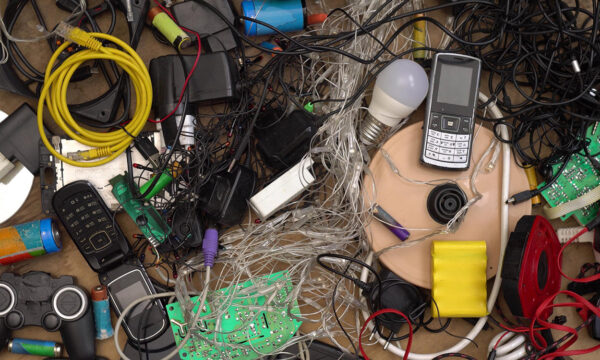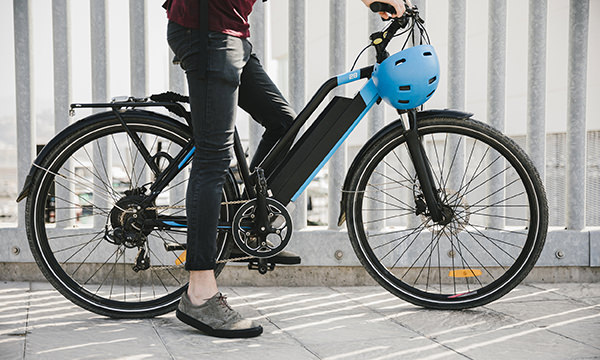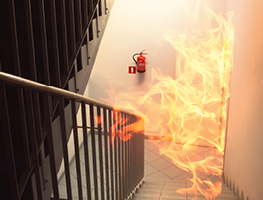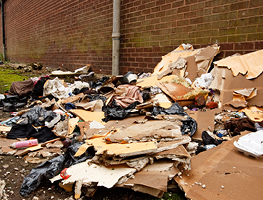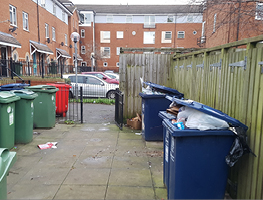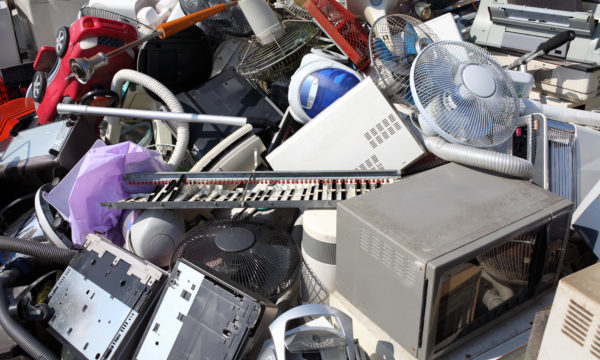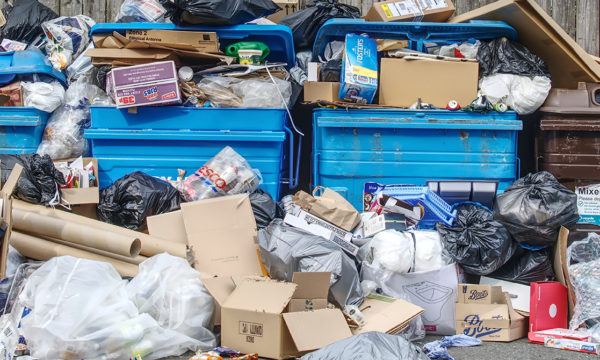The Lithium-ion Battery Safety Bill aims to introduce regulations for the safe use, storage, and disposal of lithium-ion batteries, particularly focusing on devices like electric vehicles and Battery Energy Storage Systems (BESS). These batteries power everyday devices like e-scooters to large-scale energy solutions, but they also pose fire and environmental risks if improperly handled.
The bill mandates stricter safety measures for batteries sold online, proper disposal methods, and looks to involve environmental agencies in planning processes for BESS installations. Electric vehicle manufacturers must meet safety standards, and regulators will oversee charging systems to reduce hazards. By involving fire services and the Environment Agency, the bill also strengthens preparedness and response capabilities, particularly in urban areas where BESS projects are on the rise.
As devices like e-bikes and scooters grow in popularity, safer battery standards will prevent potential accidents, fires, and environmental harm. While it’s crucial to prevent poor-quality devices from entering the market, this bill doesn’t address damaged or modified items. It will be interesting to see how the new government tackles this growing issue.
We will need to see whether this becomes a legislative issue or a requirement from insurers. Either way, landlords will need to ban devices from buildings unless residents can clearly demonstrate that the devices are in good condition and don’t pose a risk to others. To learn more about Lithium-ion battery safety, head to our STORsafe resource hub. The Lithium-ion Battery Safety Bill is a Private Members’ Bill and at the time of writing, is in the committee stage in the House of Lords. The last parliament introduced it, but it may be merged with the new Labour Government’s Product Safety and Metrology Bill. Check back for updates as it progresses.


